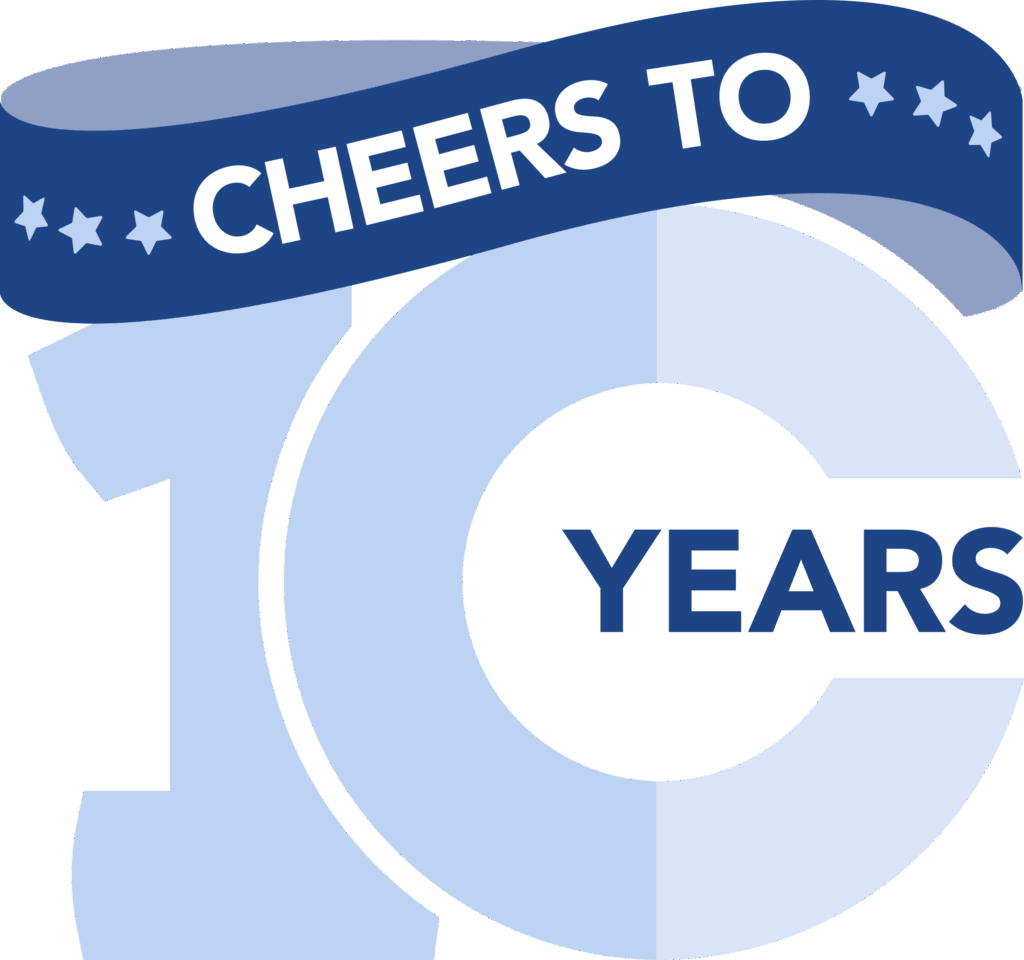Pro Bono Partnership of Ohio provides publications and answers to frequently asked questions on many topics.
Please note: These publications and FAQs are provided for informational purposes only, without any representation that they are accurate or complete. These materials do not constitute legal advice and should not be construed as such. These materials do not create an attorney-client relationship between the reader and any other person, nor are they an offer to create such a relationship. These materials are current as of the date written, but laws change over time and vary from state to state. As a result, the information presented here may not be timely and/or appropriate for any state not specifically addressed. Consult an attorney if you have questions regarding the content of any of our publications or FAQs.

This celebratory and fun evening will bring together friends of PBPO to honor a decade of impact and to help generate support that will provide nonprofits with legal services and education.
Unable to attend our event? Please consider making a gift in honor of PBPO’s 10th anniversary to support our next decade of impact. DONATE HERE